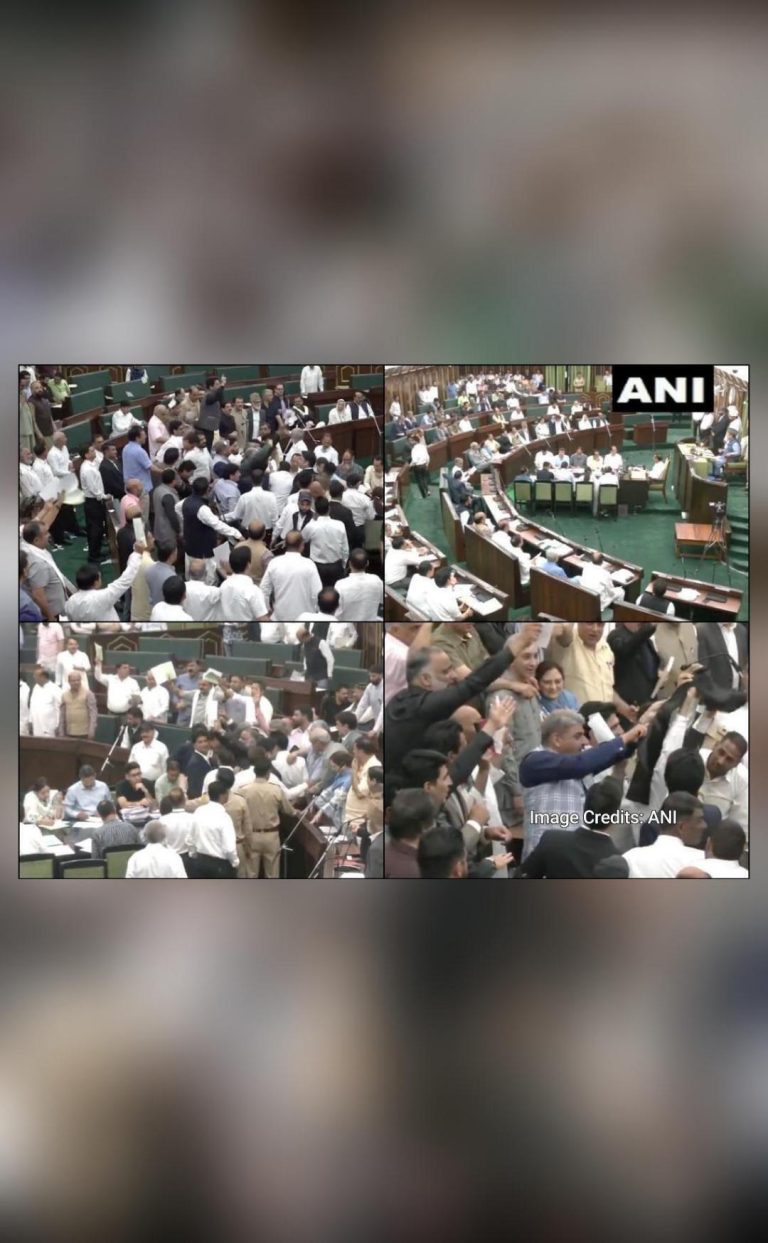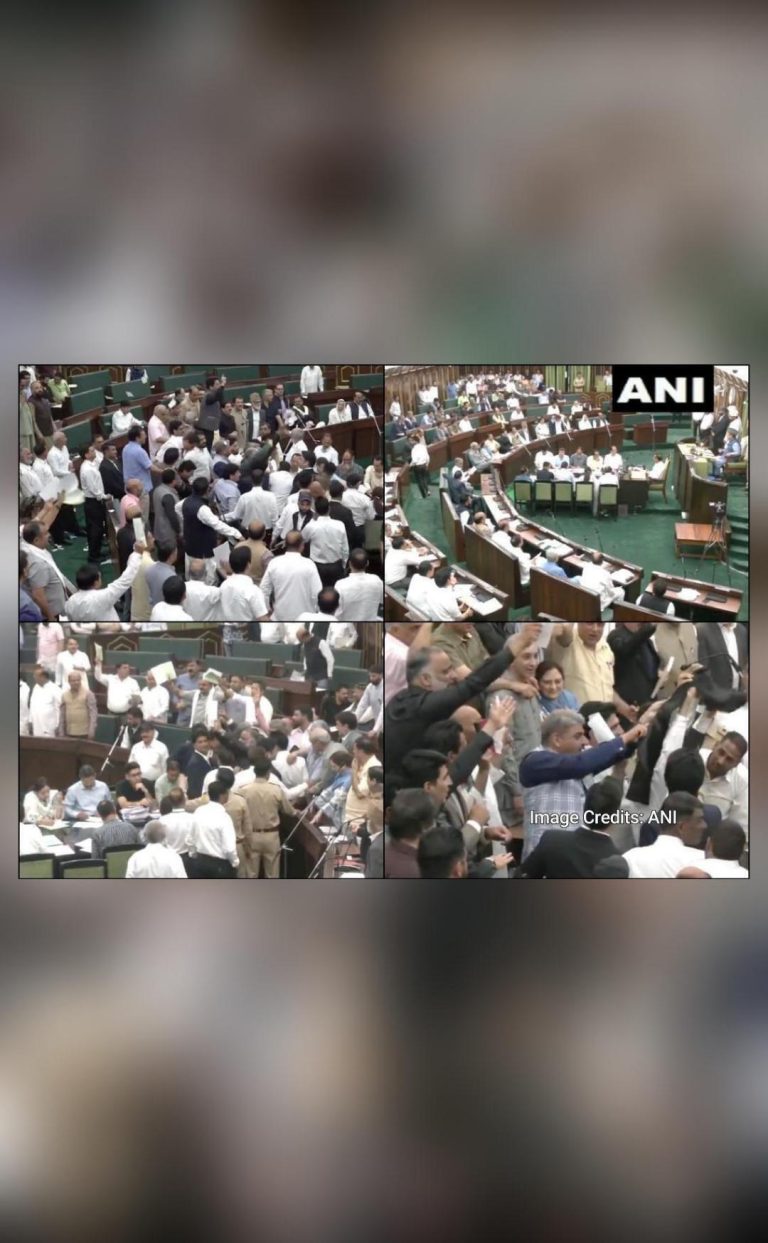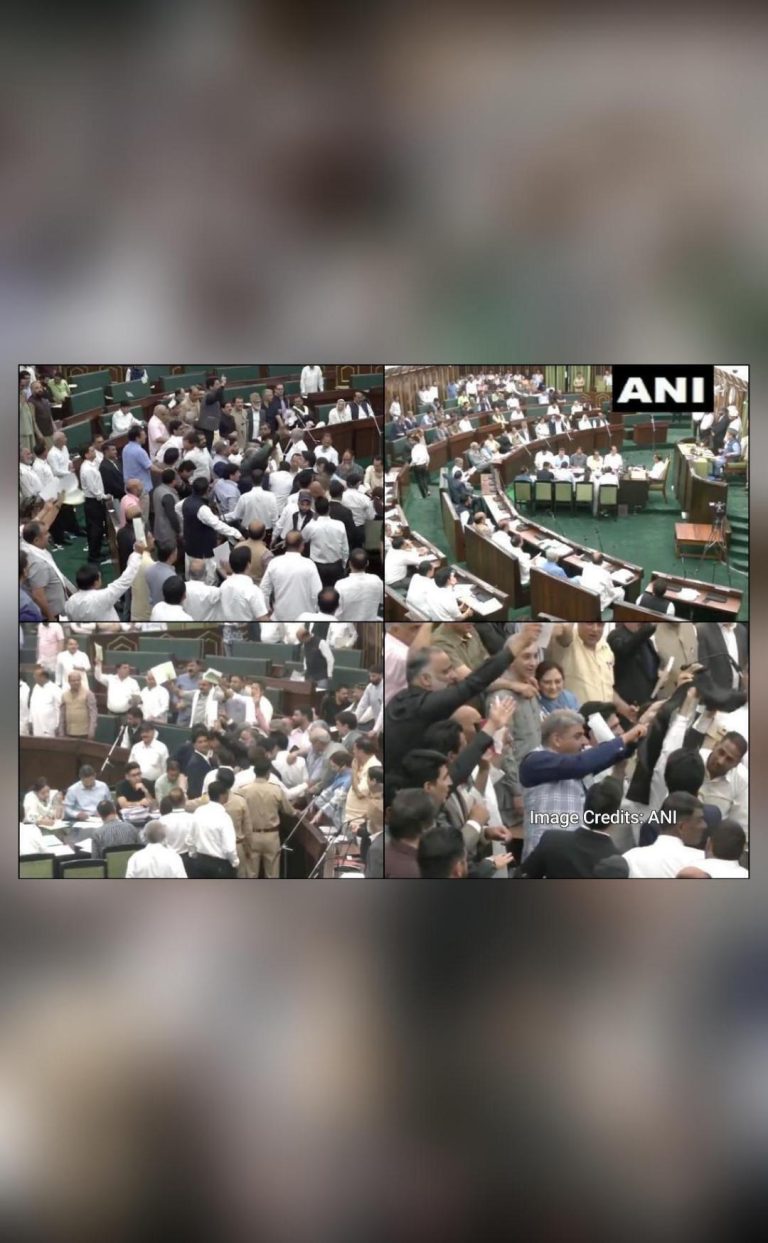
Indian National Jailed for 4 Years in Sri Lanka for Match-Fixing
Cricket, a game of skill and strategy, has often been marred by the menace of match-fixing. The latest incident of match-fixing has come to light in Sri Lanka, where an Indian national has been sentenced to four years in prison for his involvement in the scandal. Yogi Patel, the Indian national, was found guilty of proposing to fix matches during the 2024 Legends League T20 tournament in Sri Lanka.
According to reports, Patel was accused of trying to fix matches and was subsequently found guilty by the Sri Lankan court. As a result, he has been sentenced to four years in hard labor. In addition to the prison sentence, Patel was also fined a staggering SLR 85 million (approximately USD 450,000).
The investigation into the match-fixing scandal began after an anonymous tip-off was received by the Sri Lankan Cricket Board (SLCB). The SLCB subsequently launched an inquiry into the matter and found evidence of Patel’s involvement in match-fixing.
Patel’s proposal to fix matches was allegedly made to a Sri Lankan cricketer, who was also involved in the scam. The cricketer, who has not been named, is said to have been offered a significant amount of money to influence the outcome of the matches.
The Sri Lankan court also ordered Patel to pay a fine of SLR 2 million (approximately USD 10,000) to Upul Tharanga, the chairman of the Sri Lanka selectors, for defamation. Tharanga had been named in the match-fixing scandal and had filed a defamation suit against Patel.
The match-fixing scandal has sent shockwaves through the cricketing world, with many expressing outrage and disappointment at the news. The Sri Lankan Cricket Board has vowed to take strict action against anyone found guilty of match-fixing, and has promised to restore the integrity of the game.
The Indian government has also been swift to condemn the match-fixing scandal, with the Indian High Commission in Sri Lanka issuing a statement expressing disappointment and shock at the news. The High Commission has promised to work with the Sri Lankan authorities to ensure that those involved in the scandal are brought to justice.
The match-fixing scandal is a stark reminder of the challenges faced by cricket administrators in maintaining the integrity of the game. Cricket is a game that is loved by millions around the world, and it is essential that the game is kept free from corruption and match-fixing.
In recent years, there have been several high-profile cases of match-fixing in cricket, including the infamous 2010 IPL spot-fixing scandal. The scandal, which involved several high-profile cricketers from India and Pakistan, led to the suspension of several players and the cancellation of several matches.
The Sri Lankan Cricket Board has promised to take a tough stance against match-fixing, and has vowed to work with the International Cricket Council (ICC) to ensure that the game is kept clean. The ICC has also promised to support the Sri Lankan Cricket Board in its efforts to combat match-fixing.
The match-fixing scandal is a reminder that cricket, like any other sport, is not immune to corruption and match-fixing. However, it is also a reminder that the game can be kept clean and honest with the right measures in place.
In conclusion, the sentence handed down to Yogi Patel is a significant blow to match-fixing in cricket. The four-year prison sentence and fine of SLR 85 million are a strong message to anyone who thinks they can get away with match-fixing in Sri Lanka.
The Sri Lankan Cricket Board and the Indian government must continue to work together to ensure that those involved in the scandal are brought to justice. The ICC must also play a key role in supporting the Sri Lankan Cricket Board in its efforts to combat match-fixing.
Cricket is a game that is loved by millions around the world, and it is essential that the game is kept free from corruption and match-fixing. The match-fixing scandal is a reminder that vigilance and strong action are necessary to ensure that the game remains clean and honest.






